Weed Control Showdown: Chemical vs. Cover Crop
Terry Wyciskalla of Wyciskalla Consulting in southern Illinois shares a video exhibiting the differences between chemical control and cover crop control of weeds in a plot in Washington County.
One Leaf Symptom – Four Different Scenarios
Soy Envoy Kris Ehler urges farmers to look further than common leaf symptoms to properly identify disease. He explains differences between SDS, BSR, Red Crown Rot, and Triazole Phytotoxicity in soybeans.
What About Stem Canker on Soybean?
Illinois Soybean Association Outreach Agronomist and Certified Crop Adviser, Stephanie Porter, reports on a fairly common, yet hardly discussed disease - Stem Canker on Soybean. Porter writes about its causes, symptoms, and impacts on soybeans, emphasizing early diagnosis, plant resistance, and ongoing research for effective management.
Field of the Future: Students Compete in U of I Extension Youth Crop Scouting Competition
Students around the state of Illinois gathered in Champaign and competed in crop scouting activities identifying weeds, insects, diseases, and more.
Webinar Wrap-Up: Understanding the Endangered Species Act & Its Impact on Pesticide Regulation
Dr. Aaron Hager, Associate Professor at the University of Illinois Crop Sciences, spoke in a recent ILSoyAdvisor webinar about how pesticide registration and regulation will be affected by the ESA. In his presentation, he discussed the regulatory framework that drives the ESA process and predicts how pesticide usage will be become more complex in the future.
Visit the Illinois Soybean Association Agronomy Plot at Farm Progress Show
It's the month of August which means Farm Progress Show is right around the corner. Visit the ISA Agronomy Plot on the grounds and learn about various soybean topics including Soybean Cyst Nematode, soil health, crop scouting, cover crops and weed management.
An Overview of SCN HG Types
Soy Envoy Leo Rocha explains the concept of HG type testing, which measures the ability of SCN populations to reproduce on specific indicator soybean lines. To determine SCN resistance levels on your farm, read more about Rocha's recommendations.
Soybean Update: Red Crown Rot
Join Stu Ellis in an insightful conversation about Red Crown Rot with Stephanie Porter CCA, Outreach Agronomist at Illinois Soybean Association.

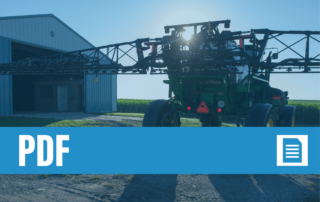
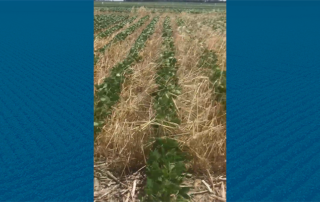
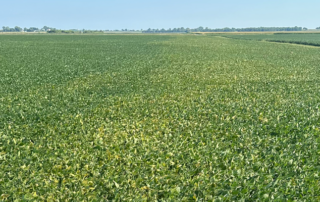
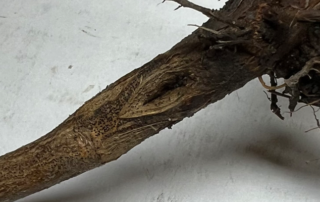
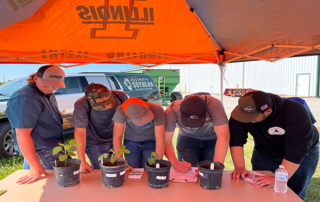
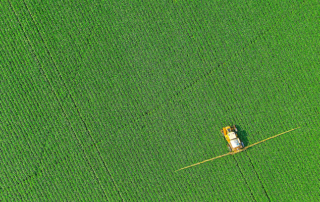
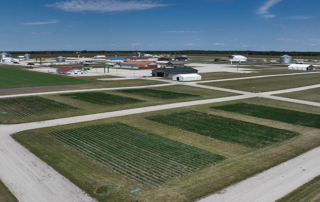



 and then
and then